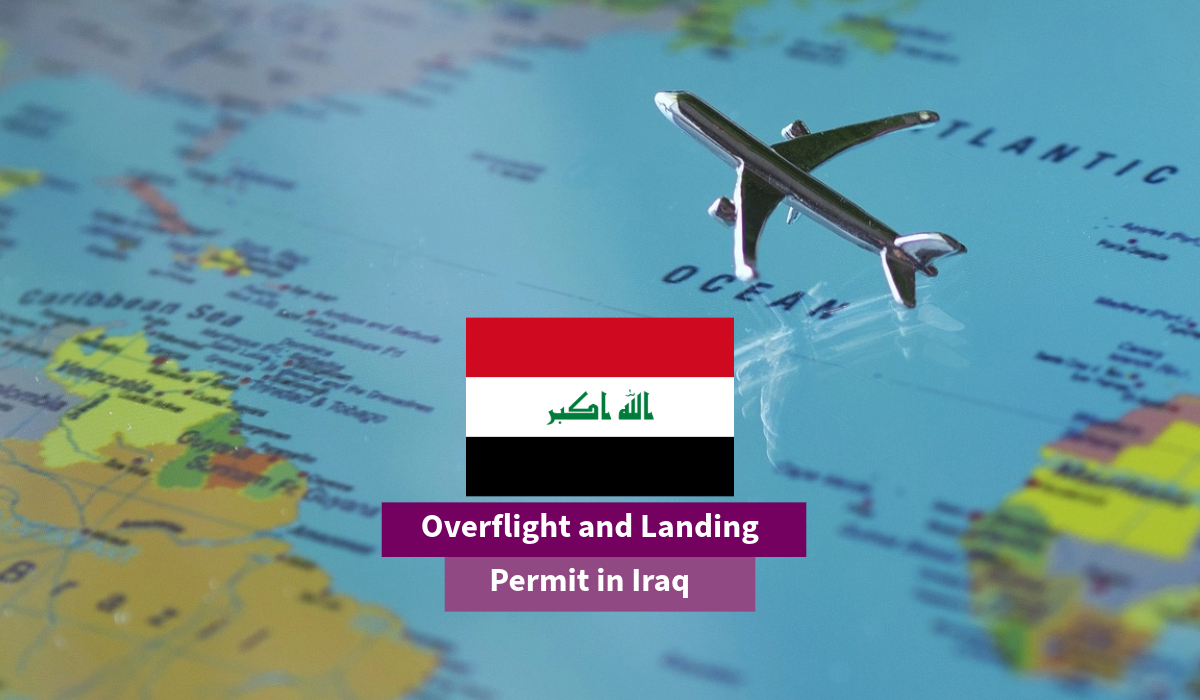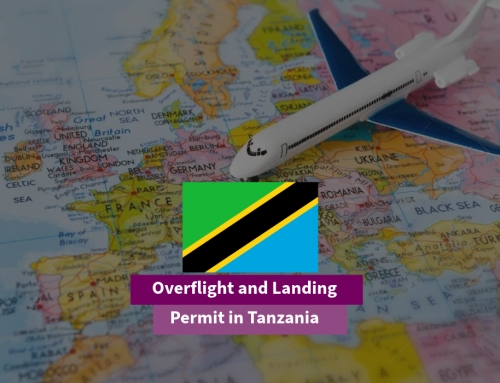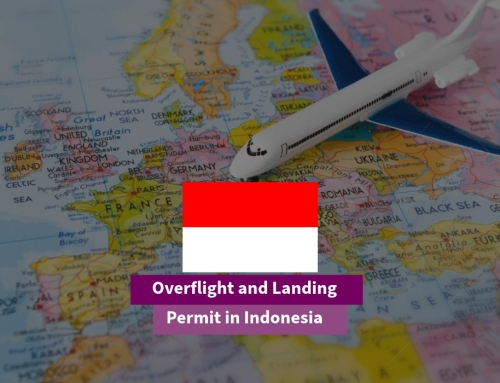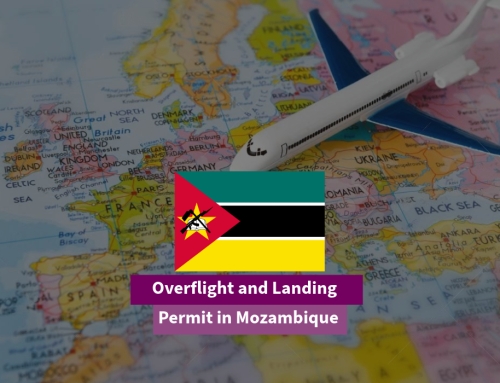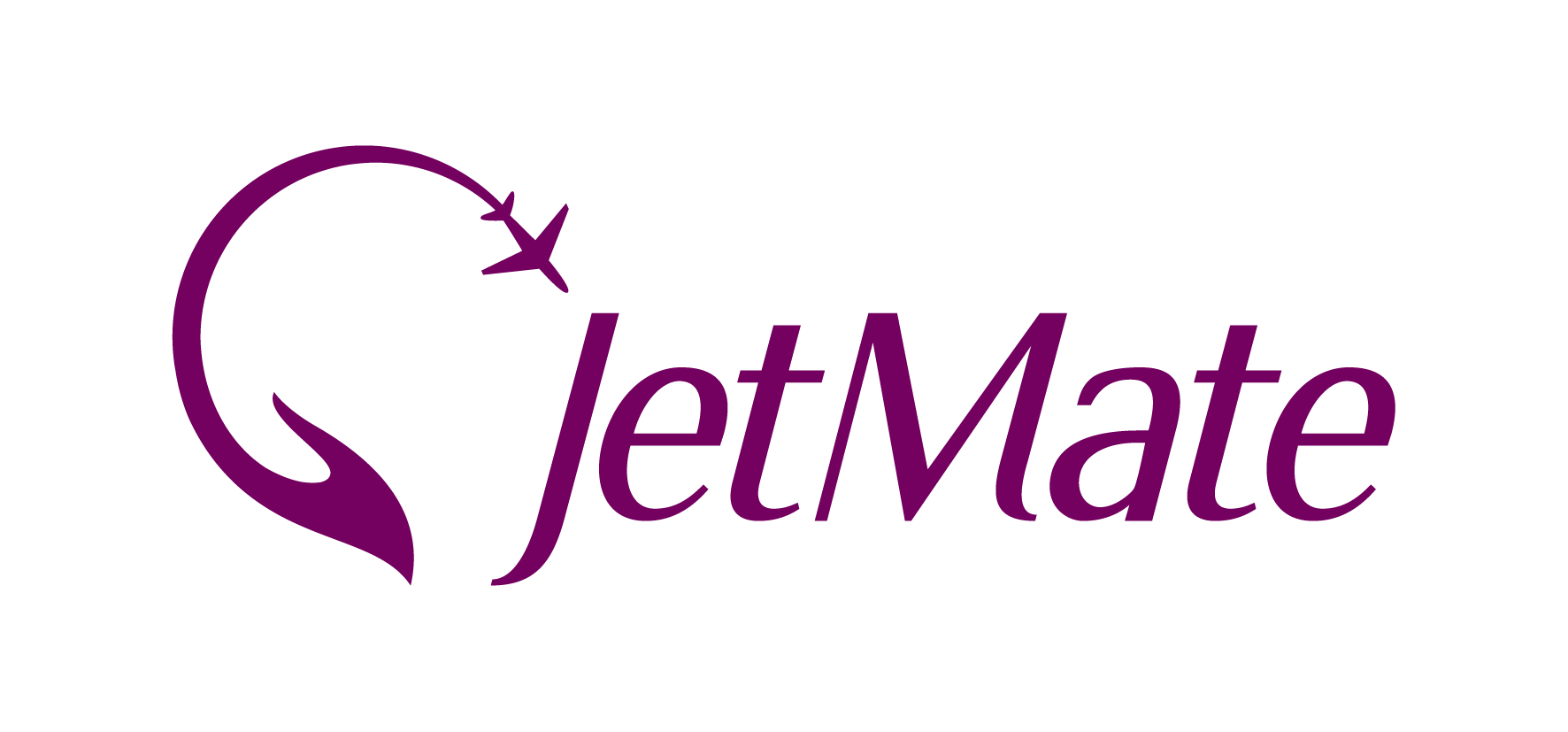Obtain Overflight and Landing Permit in Iraq
Iraq, situated at the heart of the Middle East, plays a strategic role in connecting Asia, Europe, and Africa. Despite its complex political and security landscape, Iraq’s airspace and airports remain crucial for regional and international aviation operations. Navigating the intricacies of overflight and landing permits in Iraq requires a thorough understanding of local regulations and processes. This study provides a detailed overview of the requirements, procedures, and considerations for obtaining these permits in Iraq.
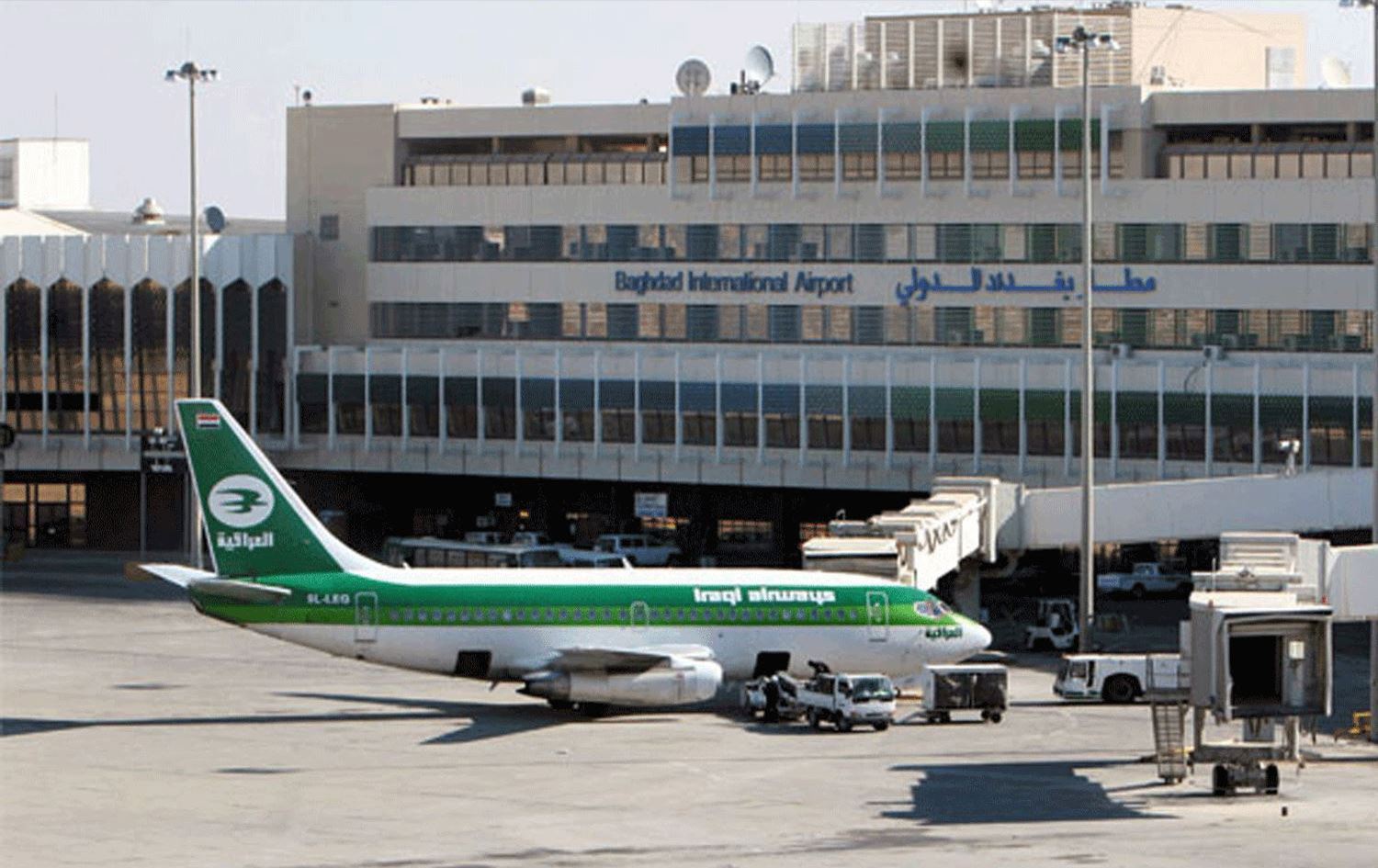
Overview of Iraq’s Airspace and Airports
- Strategic Location:
- Iraq is a key transit point for flights connecting Europe, Asia, and the Middle East, making its airspace vital for overflight operations.
- Major Airports:
- Baghdad International Airport (BGW/ORBI): Iraq’s largest airport and a major hub for international and domestic flights.
- Erbil International Airport (EBL/ORER): Serving the Kurdistan Region, it is a key gateway for business and tourism.
- Basra International Airport (BSR/ORMM): Important for oil industry operations and regional connectivity.
- Sulaymaniyah International Airport (ISU/ORSU): Another key airport in the Kurdistan Region, supporting business and regional flights.
- Najaf International Airport (NJF/ORNI): A primary destination for religious tourism, connecting to the holy city of Najaf.
- Airspace Management:
- Iraq’s airspace is regulated by the Iraqi Civil Aviation Authority (ICAA), which oversees overflight and landing permits.
Overflight Permits in Iraq
Requirement:
- All foreign-registered aircraft must obtain an overflight permit from the ICAA before flying through Iraqi airspace.
Application Process:
- Submit the permit request at least 48 hours in advance.
- Provide the following information:
- Aircraft registration and type.
- Operator details and contact information.
- Entry and exit points with estimated times.
- Detailed routing and purpose of the overflight.
- Ensure compliance with International Civil Aviation Organization (ICAO) standards.
Key Considerations:
- Overflight permits are granted for specific dates, times, and routes.
- Operators must adhere to assigned airways and altitude restrictions.
- Security considerations may affect the availability of airspace.
Landing Permits in Iraq
Requirement:
- Mandatory for all non-Iraqi-registered aircraft intending to land at any Iraqi airport, including private, commercial, and cargo flights.
Application Process:
- Submit the permit request to the ICAA at least 72 hours before the flight.
- Required documents include:
- Aircraft registration and airworthiness certificates.
- Pilot licenses and crew details.
- Passenger and cargo manifests (if applicable).
- Insurance coverage is compliant with Iraqi regulations.
- Purpose of the landing (e.g., passenger transport, cargo delivery, or technical stop).
Key Considerations:
- Secure airport slots and confirm ground handling arrangements before applying for a landing permit.
- Changes to flight schedules or routes must be communicated to the ICAA for re-approval.
Security and Operational Challenges
- Political and Security Considerations:
- Iraq’s airspace and airport operations can be impacted by political instability and security concerns.
- Certain regions may have restricted or no-fly zones due to ongoing conflicts.
- Restricted Airspace:
- Flights may require special approvals to operate near sensitive or military zones.
- Safety and Compliance:
- Strict adherence to ICAO safety standards is essential for obtaining permits and operating in Iraqi airspace.
Airports and Facilities
Key Airports for International Operations:
- Baghdad International Airport (BGW/ORBI):
- Iraq’s main hub for international and domestic flights.
- Equipped with modern ground handling and fueling facilities.
- Erbil International Airport (EBL/ORER):
- A critical gateway to northern Iraq, supporting business and tourism.
- Basra International Airport (BSR/ORMM):
- A key airport for the oil and gas sector, with facilities to handle cargo and passenger operations.
- Najaf International Airport (NJF/ORNI):
- Serves religious tourism with direct connections to the holy cities of Najaf and Karbala.
Challenges and Mitigation
- Uncertain Operational Environment:
- Operators must stay informed about the security situation through reliable channels.
- Partnering with local aviation experts can help mitigate risks.
- Permit Delays:
- Submit permit applications well in advance to account for possible processing delays.
- Limited Facilities at Smaller Airports:
- Ground handling and maintenance services may be limited at smaller airports. Prior coordination is essential.
- Customs and Immigration:
- Ensure compliance with Iraqi customs and immigration procedures for all passengers and crew.
Jetmate Aviation’s Role
Jetmate Aviation provides specialized support for navigating the complexities of overflight and landing permits in Iraq. Our services include:
- Permit Management:
- Timely submission and follow-up on overflight and landing permit applications.
- Ground Handling Coordination:
- Arranging fueling, baggage handling, and passenger services at Iraqi airports.
- Real-Time Updates:
- Keeping operators informed about changes in airspace restrictions and airport conditions.
- Emergency Support:
- Addressing unforeseen challenges such as delays or route adjustments.
Need a flight permit in iraq? click here

